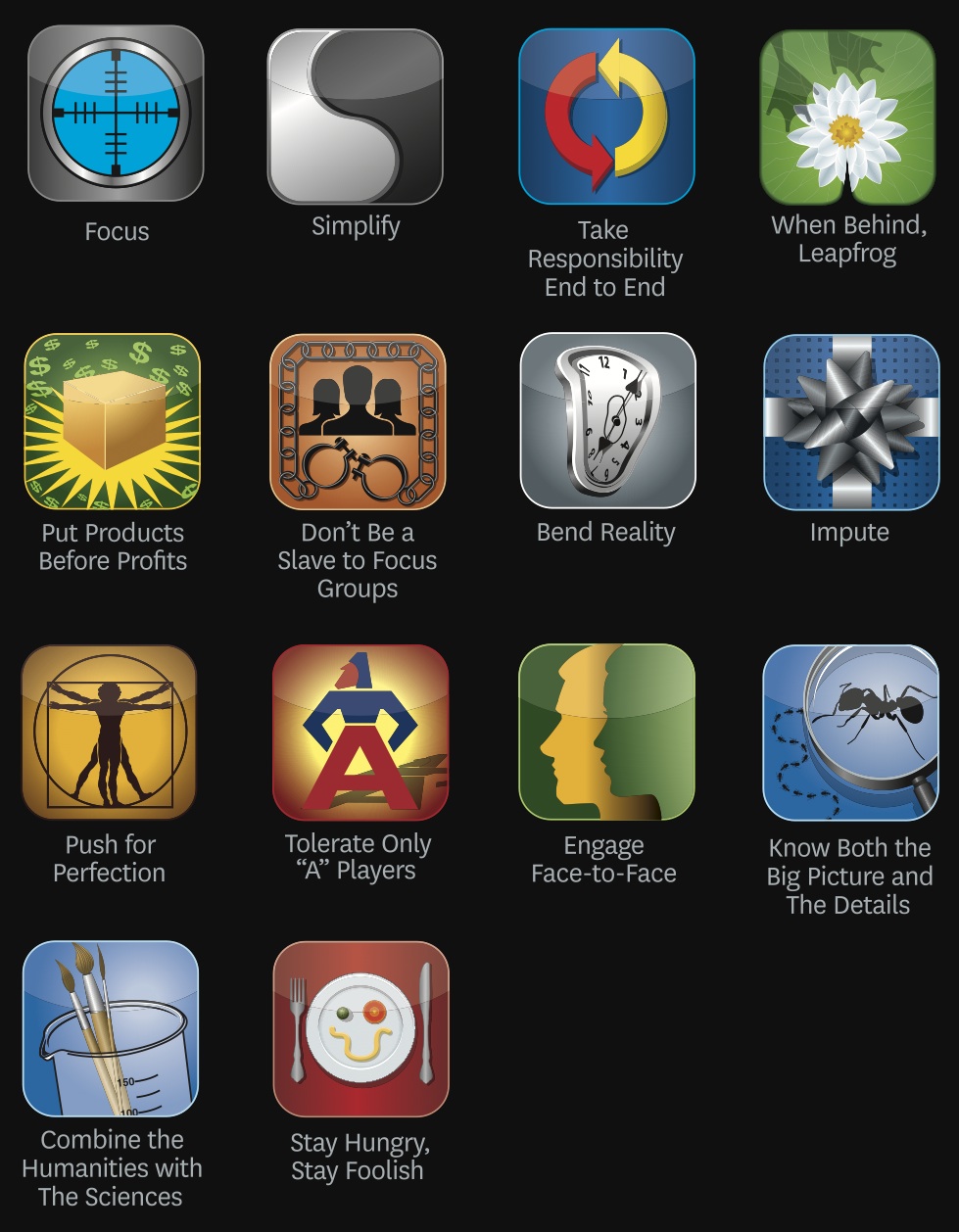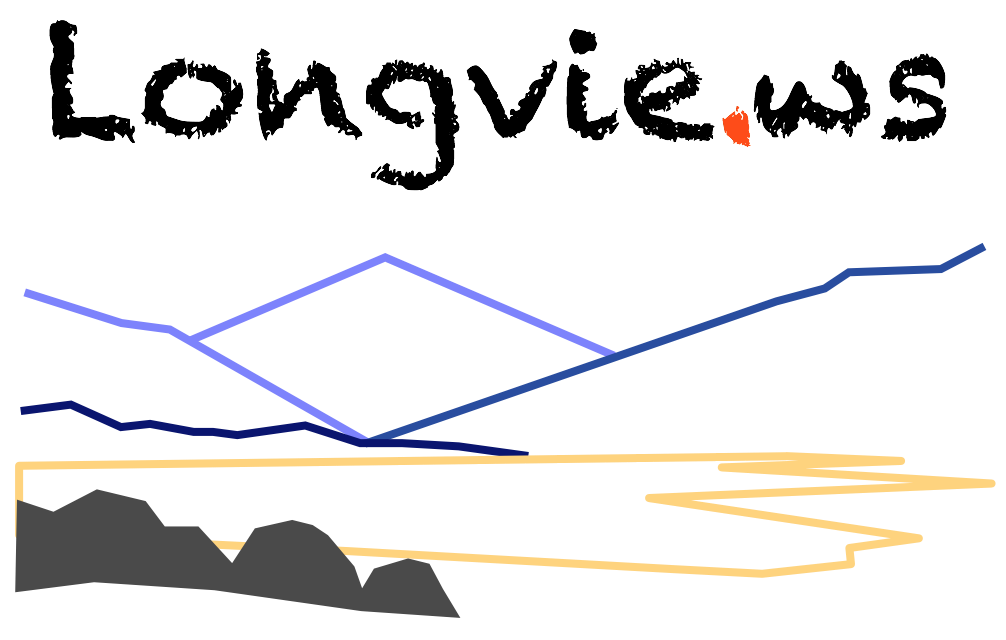
I wish I had seen the interview on CNBC – the looks on the hosts faces. This is big:
On Wednesday morning, the 79-year-old Weill, one of the 20th century’s most acquisitive bankers, stepped up to the mic to endorse … breaking up the banks. “What we should probably do is go split up investment banking from banking, have banks be deposit-takers, have banks make commercial loans and real estate loans, have banks do something that’s not going to risk the taxpayer dollars, that’s not too big to fail,” he remarked on CNBC.
Obviously, Wall Street is shocked. How could it be bad for them to be completely free to do whatever they want? People are talking about Weills as wanting to repent, fix his legacy, etc.
Here’s a different take:
Weills is on the out. He will never be made CEO again of one of these huge consolidated, too-big-to-fail, WMD banks, or probably of any bank given how much he helped cause this mess. But if there is massive financial structure upheval due to regulatory reform — led by him — he may just find himself in charge of one of these split-off divisions. Chaos makes opportunity for people on the outside. I’m all for it.
The biggest mistake of Obama’s presidency was not restructuring Wall Street immediately, when they were vulnerable.












